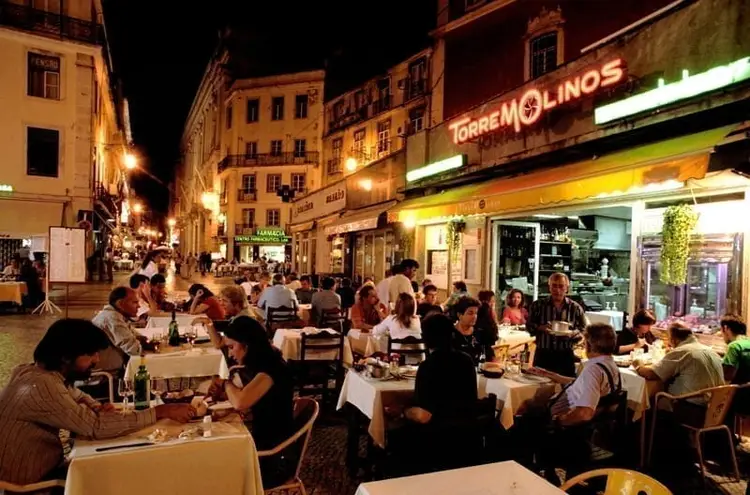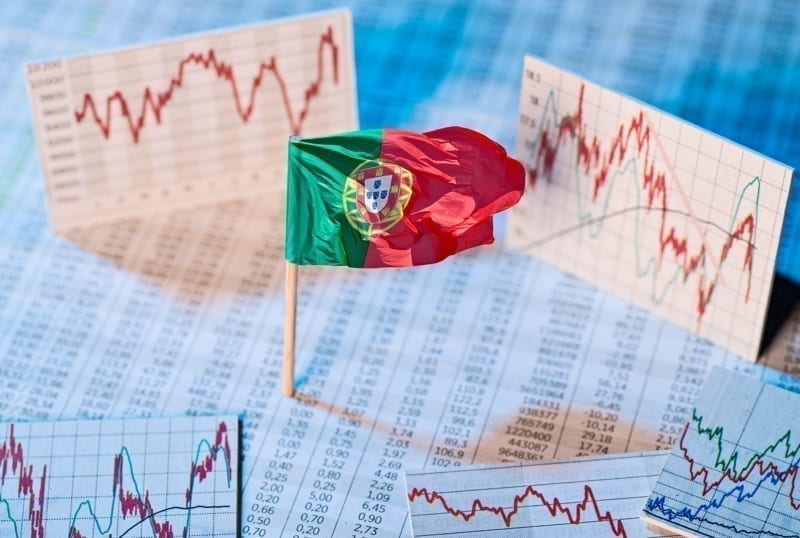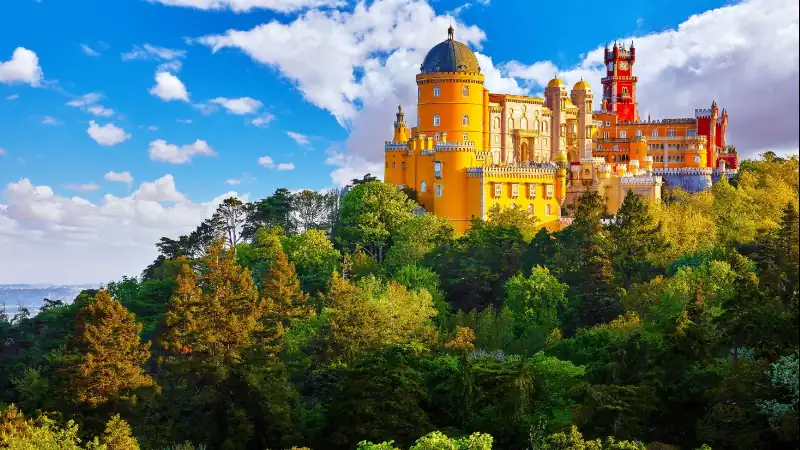Once one of the world’s richest countries because of its vast empire in Asia, Africa, and South America, Portugal began slipping into relative economic irrelevance in the 19th and 20th centuries because the wealth generated overseas was not used to develop domestic industrial production.
After the revolution of the 1970s, Portugal began reorienting itself away from overseas possessions and toward Europe. And, it joined the European Economic Community (the precursor to the European Union) in 1986 and adopted the euro as its currency on January 1, 2002, along with 11 other EU countries.














 . '
. '
 . '
. '
 . '
. '
 . '
. '
 . '
. '








